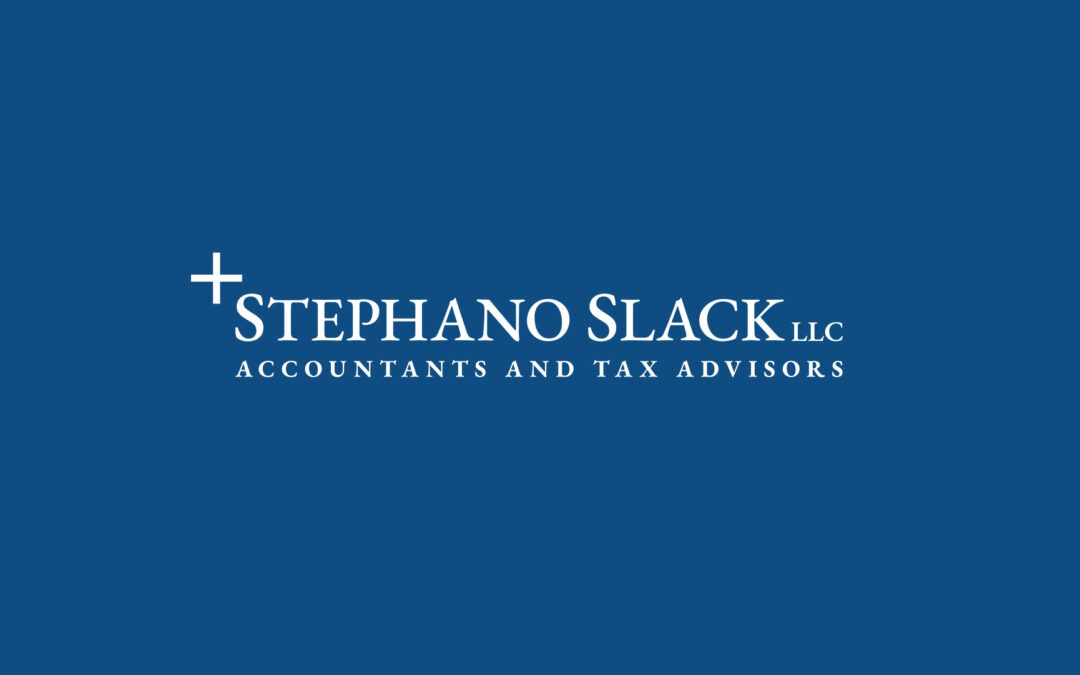Chances are that if you clicked to read this article, you or someone you know owns the rights to some employee stock options. Contrarily, you could be a private business owner and you are considering a creative way of attracting and compensating some top level talent to work for you because you don’t yet have the cash. Lastly, perhaps you just have a genuine interest in stock options, in which case you win the grand prize… just kidding. In all seriousness, the brand-new 2018 elective tax treatment of Private Company Equity Compensation Awards (employee stock options) described within the Tax Cuts and Jobs Act Section 83(i) of the Internal Revenue Code can potentially provide some unique tax deferred benefits that most have overlooked during the initial analysis of the numerous changes to the tax code.
In order to fully understand the impact of the new election, let’s first start with a refresher on employee stock options and their function. An employee stock option or “ESO” is a stock option granted to employees of a private company and they offer the holder the right to buy a certain amount of company shares for a specific period of time at a predetermined price. An employee stock option varies slightly from an option traded within the exchange market because it is not exchanged between investors. ESOs are exchanged between employers and employees (shareholders) and they are meant to incentivize employees to do the things necessary that increase that company’s stock market value. For example, if the stock price goes up in the future, the employee can sell his/her company stock on the stock exchange for this higher price and earn a greater profit. This way of rewarding employees guarantees that the employer and employee have the same goals in mind, to increase the market value of the company.
It’s also important to note the pitfalls of these equity compensation awards before we discuss how the tax deferral election was meant to help. In short, employees who had employee stock options and/or RSUs that were settled prior to 2018 were required (under prior law) to include the excess of the fair market value of the stock over the amount paid to acquire it within his or her gross income in the first tax year in which the stock becomes substantially vested (Code Sec. 83(a)). Vesting (a topic for another article) can trigger the required recognition of this additional taxable income prior to the employee receiving any additional cash (i.e. by selling his or her company stock). In the case of a start-up or early-stage private business and a delayed initial public offering (IPO) there likely wouldn’t be a market for the employee to sell this newly purchased stock by the time they are required to pay the tax. If the tax liability is significant, this could lead to some disgruntled employees who must pay the tax out-of-pocket and prior to the employee experiencing the cash reward emotions that were originally intended. See the problem? Those damn emotions.
That’s where Section 83(i) can help. In essence, Section 83(i) allows private company employees who receive company stock as compensation in exchange for services the ability to elect tax-deferred recognition of this income for up to five years, subject to qualifications. More importantly than deferring the recognition of income and the federal income tax liability that accompanies the election (a no-brainer in most cases), the underlying benefit and purpose is to pair the period of compensation recognition with the period in which the employee can sell the stock and pay the tax associated with it. Problem solved.
In summary, this Section 83(i) election provides an opportunity for employers to align the reward with the appropriate and more-desirable tax effect. Of course, there are numerous qualifications and hoops that the employer and employee must jump through in order to qualify but I promise you that qualifying is less complicated than deciphering the tax code here for your reading pleasure. If you’d like to learn more please read Section 83(i) of the tax code if you need some light reading material before bed, just kidding. Please reach out to myself or any of my colleagues here at Stephano Slack LLC and we’d be happy to help you determine if these qualified employee stock options are right for you and your business.
Ryan May
610-687-1600



Recent Comments